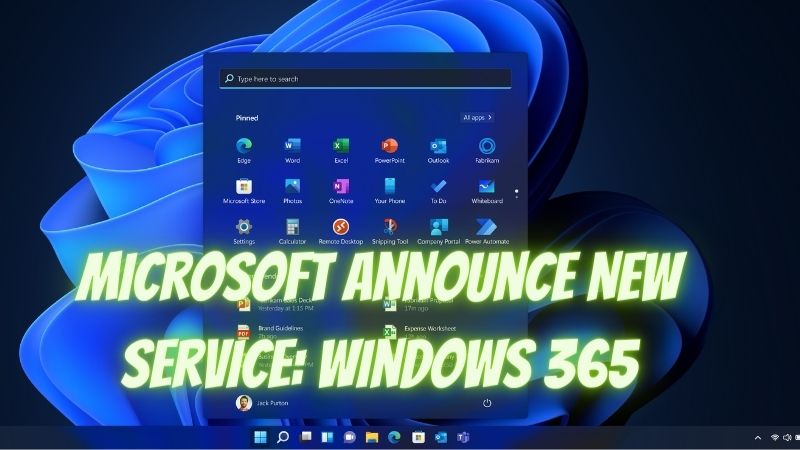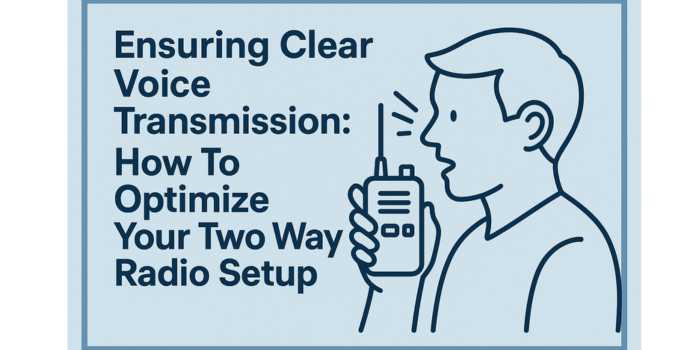For a while now, there have been rumblings of a new virtualised desktop service from Microsoft. Most recently there were the leaks of a new product, ‘Cloud PC’. Now, at Microsoft Inspire, Microsoft finally made the official announcement of their new PC-as-a-service product called Windows 365.
Windows 365 is the latest in a range of cloud-based services Microsoft offer specifically for business use, all aimed at transforming the way we work, and setting up businesses to be able to adapt to the changing landscape of technology. This service was built using the Azure Virtual Desktop infrastructure – but it will allegedly the virtualisation process will be easier than with AVD, perhaps by automating some parts of the process. This claim suggests that Windows 365 is set up to be accessible for less tech savvy users, such as consumer level users.
The Cloud PC product that was leaked has also been revealed to be a sub-section of Windows 365; in fact it is currently the only sub-section of Windows 365 – a service designed for business use, that will allow users to stream Windows 10 and Windows 11 to their laptop or mobile device in the style of a thin client. What this means is that Microsoft are expecting to use the Windows 365 infrastructure to develop more virtual desktop services – perhaps services optimised for education, or consumer virtual desktops. Really, we can only speculate at this time, but it definitely seems like Microsoft will be offering plenty with Windows 365 in the future.
We spoke with TechQuarters, a managed IT services London provider with a long history of working with Microsoft as part of their Cloud Solution Provider (CSP) platform.
“Microsoft have taken great steps in making cloud services available to a wide audience,” says TechQuarters, “we’re very excited by the implications of Windows 365”
The Modern Workplace is Microsoft’s term for their suite of cloud-based products that are designed to equip professional organisations with all the tools they need to achieve modern work solutions such as working from home, or hybrid offices. It includes Microsoft 365 – this encompasses Windows 10, the Office applications, Microsoft Teams and OneDrive. There are other services, such as the Power Platform – for business intelligence and app development, Business Voice for Internet Telephony, and Enterprise Mobility + Security.
Using cloud-based tools have a great many benefits for businesses, particularly in the realm if IT support. “Many of our customers receive our IT support London services remotely,” says TechQuarters. Windows 365 will also make delivering IT support easier. For example, the hardware requirements are much lower with virtual desktops – because you are streaming your operating system, the performance is not reliant on the power of your device. As well as this, deploying Windows to users will also be much easier, as will installing patches and updates.
Azure Virtual Desktop (formerly Windows Virtual Desktop) was aimed more so at larger businesses, but Windows 365 and Cloud PC is optimised for all sizes of business; and there may eventually be a consumer service available. The great thing about Windows 365 is that it is optimised for hybrid working; switching between devices is easy, and it maintains a consistent state – so when you connect to the operating system from a new device, it will pick up exactly where you left off on a different device.
Windows 365 will be available from August 2nd. More information is expected as the services rolls out. But it is reasonable to say that Microsoft have given us a clear idea of the future of their services.




